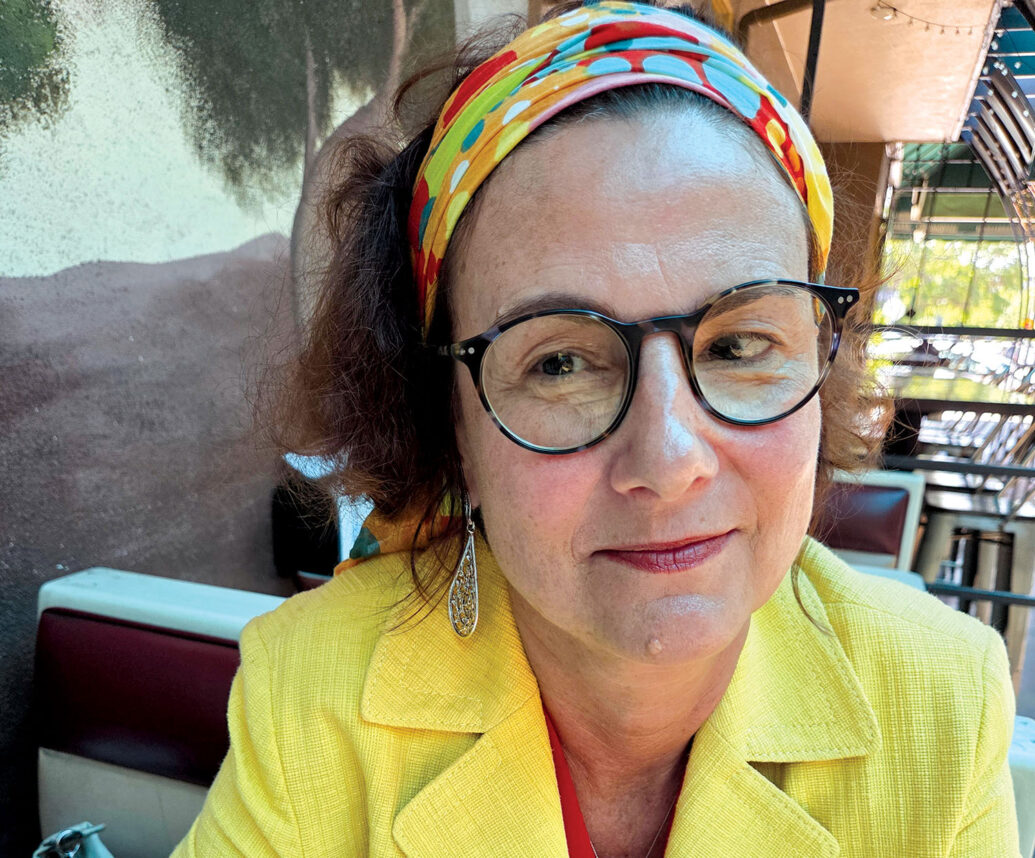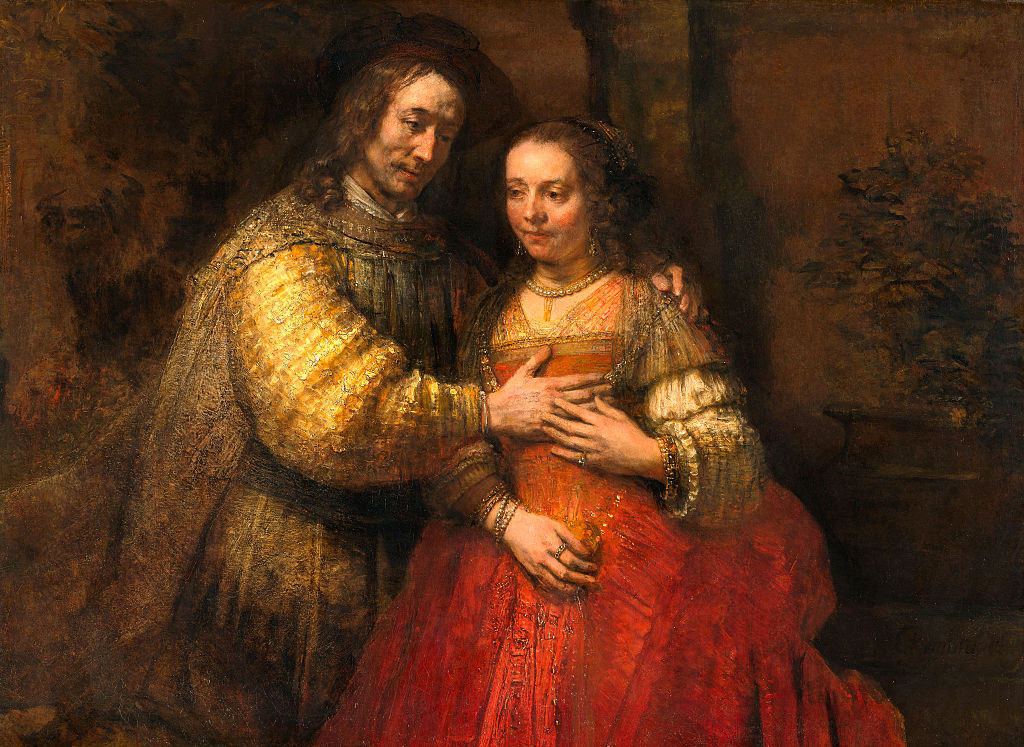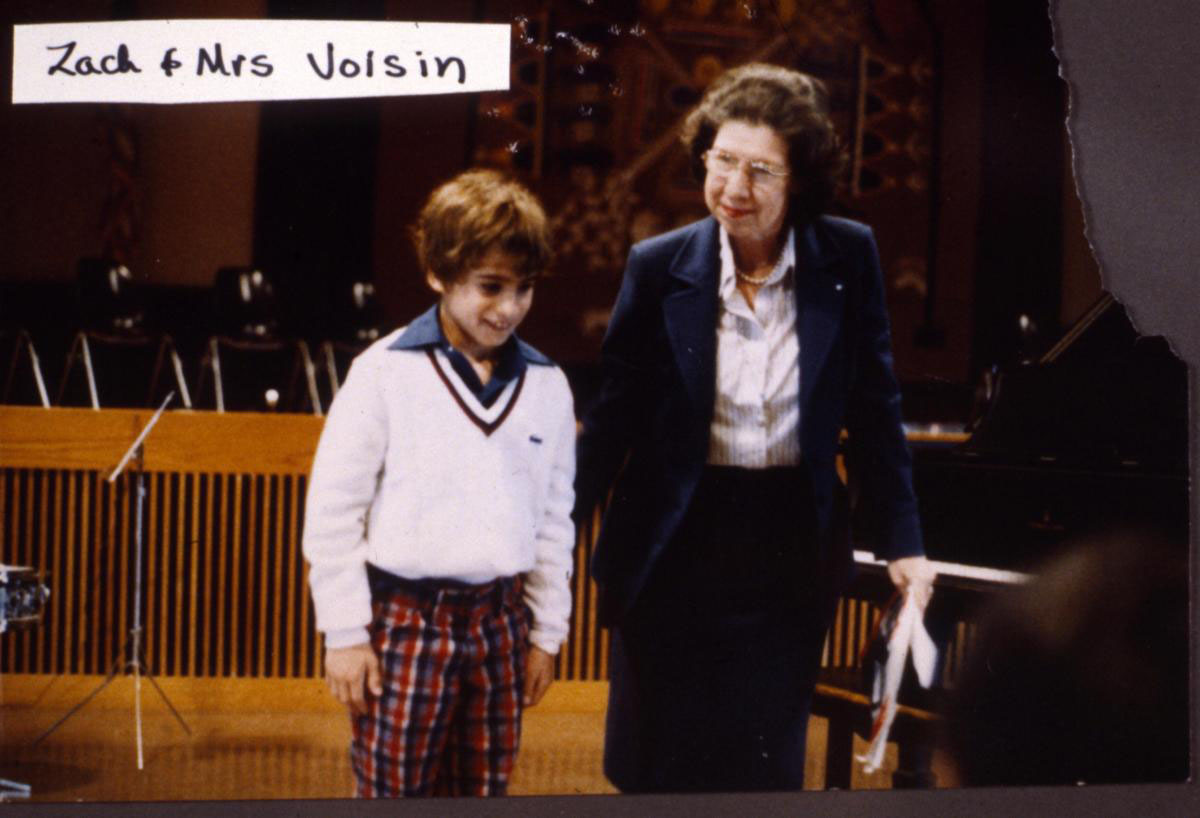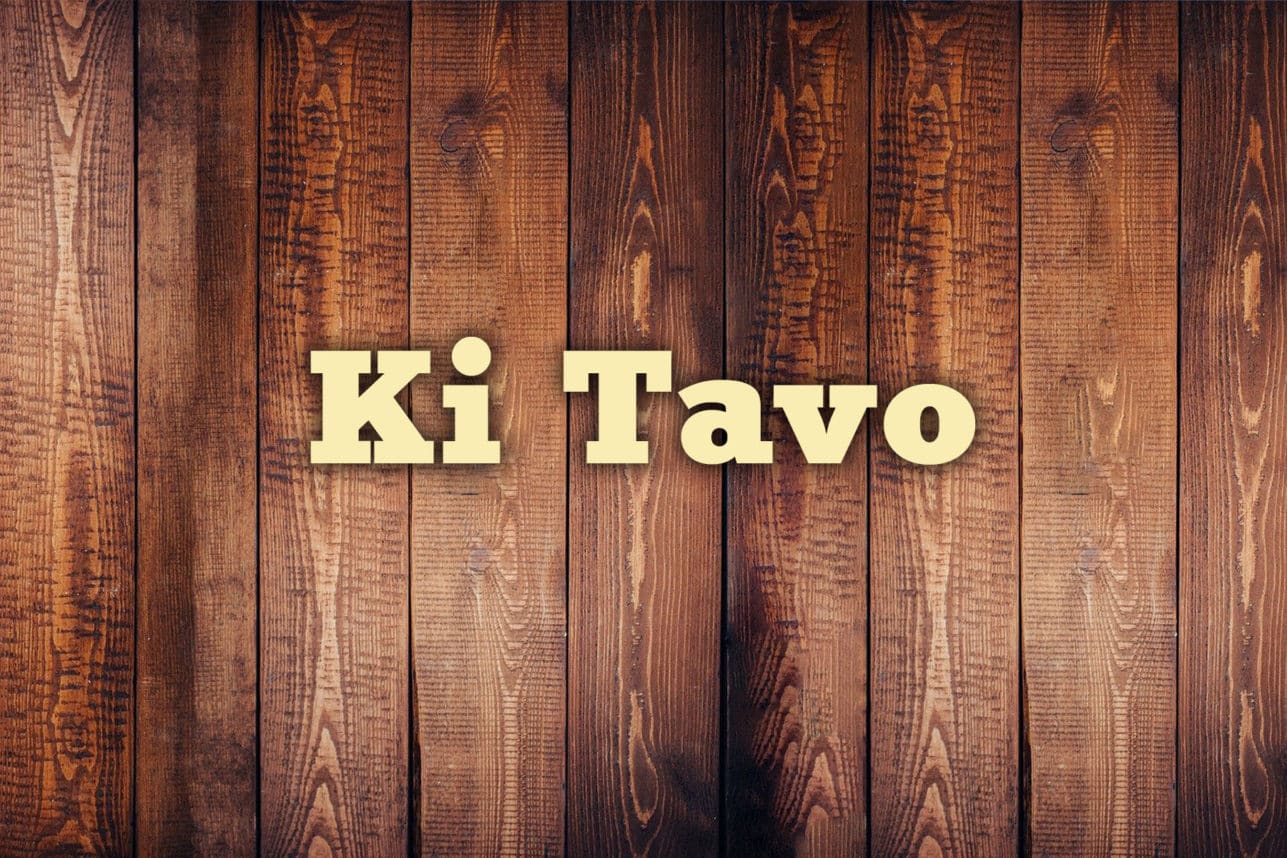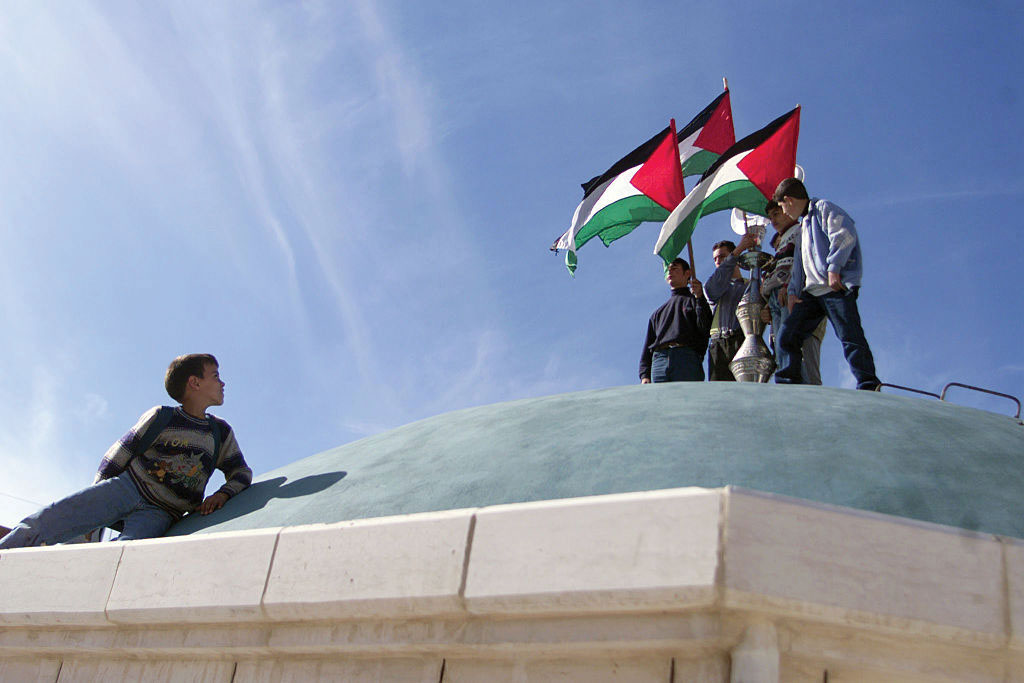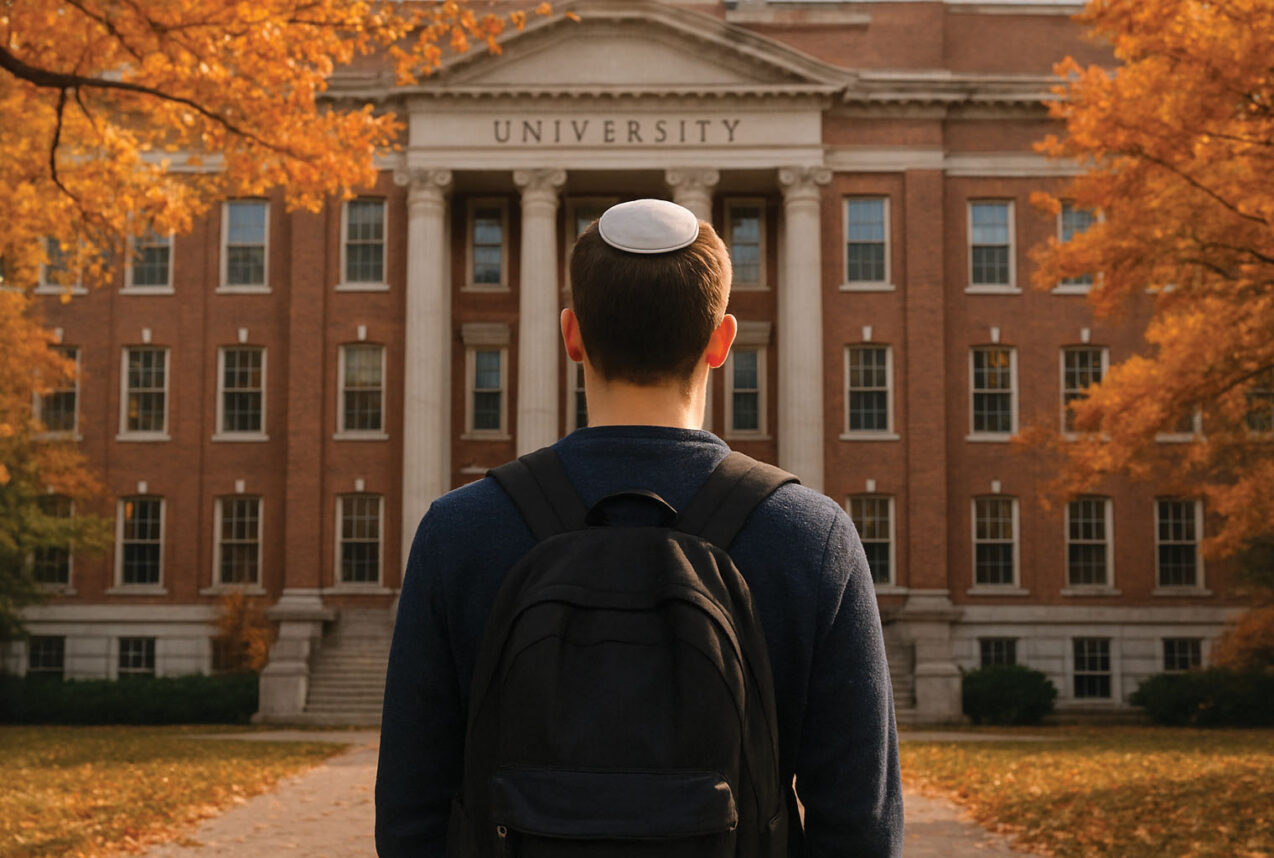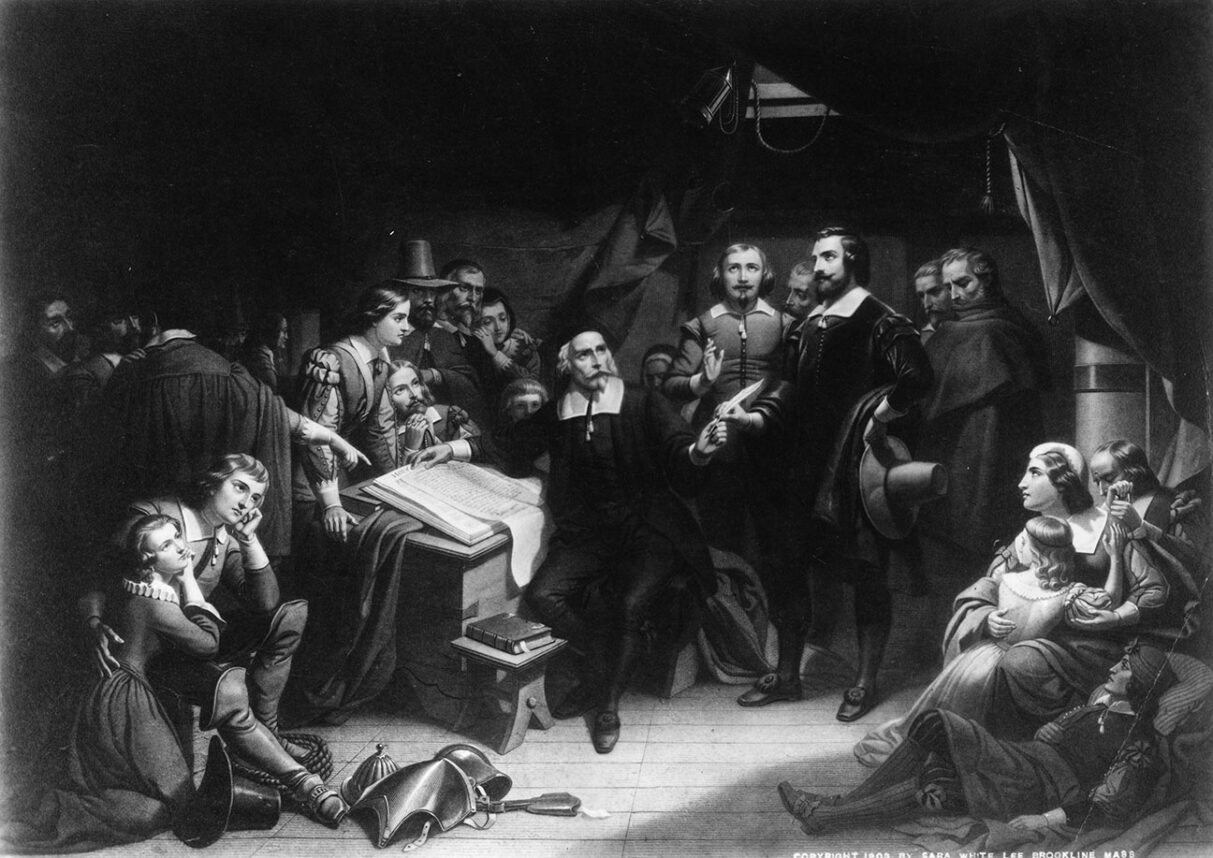Recent changes to Germany’s ghetto pension law will expand the number of Holocaust survivors worldwide who are eligible for payments for labor they completed in ghettos and retroactively extend significantly the time period covered.
The amendments adopted in June affect what are known as ZRBG pensions, which are for survivors who completed non-forced work such as railroad construction and sewing uniforms in a ghetto. The acronym in the pension’s title refers to the German name of the law.
“This change will potentially benefit a large number of survivors,” explained Lisa Hoffman, the Holocaust services program director at Bet Tzedek Legal Services, a local nonprofit that trains and advises volunteer attorneys who provide free assistance to survivors (bettzedek.org, 323-549-5883).
Over the last several years, the organization and outside attorneys working pro bono have assisted more than 700 local survivors with applying for this pension, she said. According to reporting by the Israeli newspaper Haaretz, some 40,000 survivors worldwide may be affected by the change, which takes effect Aug. 1.
The ZRBG pension can provide up to $10,000 in annual income for a recipient, Hoffman said, an especially significant sum given the prevalence of poverty among survivors. Amounts awarded vary from recipient to recipient, sometimes in extreme fashion.
“In terms of monthly pensions, we have some people who are getting as much as $500 per month and some who get as little as $5 per month,” she said. “That’s how variable it is.”
The recent change to the law marks the culmination of years of effort toward liberalizing the eligibility criteria for the ZRBG pension. It was introduced in 1997 and expanded in 2002. Between 2002 and 2007, however, the German government rejected the majority of applicants, deeming them ineligible, according to Hoffman.
“Between 2002 and 2007, about 70,000 applications were filed worldwide, and about 90 percent of those applications were rejected,” she said. “Sixty-one thousand out of 70,000 applications were rejected, and that’s because the pension office — once the law was passed and the pension office had to start implementing it — applied narrow interpretation to the law.”
In part, a lack of clarity over what constitutes non-forced labor in a situation where, one could argue, there is no such thing as non-forced anything, caused the rejections. As Michael Berenbaum, professor of Jewish studies and director of the Sigi Ziering Center for the Study of the Holocaust and Ethics at American Jewish University, told the Journal, any work that one did in a ghetto was done in the belief that it would be lifesaving for the person or for his or her family. Whether the person was under direct immediate threat is inconsequential.
“There’s voluntary and [there’s] voluntary,” Berenbaum said in reference to the kinds of labor addressed by the pension. “That [labor in ghettos, such as railroad construction] doesn’t sound particularly voluntary.”
In 2009, when the issue over the ZRBG pensions went to court, a ruling that came down in favor of survivors resulted in the liberalization of the eligibility criteria and the awarding of retroactive back payments to pensioners. A four-year statute of limitations that is the norm under German law in such matters restricted the back payments to recognizing the 2005-2009 period only, according to a draft of the law obtained by the Journal.
The new law lifts the cap, allowing eligible people to be paid the pension retroactively — regardless of what year their application was granted — from the original 1997 date. Payments will be offered in the form of a lump sum.
“Retroactivity applies both to people who were already getting a pension and to those awarded a pension in the future,” Hoffman said.
The amendments also increase the number of ghettos covered by this pension. For the first time, survivors of ghettos in places such as Romania and Slovakia will be eligible. The new version of the law replaces the words “that was in an area occupied by the German Reich or incorporated in it” with “that was in an area within the national socialist sphere of influence.”
Those eligible can opt in or opt out of the back-payment plan; however, recipients who accept the lump sum will receive smaller monthly payments once the changes go into effect.
“When calculating the pension as of an earlier commencement date, the applicable lower age factor has to be taken into account,” the law states.
Berenbaum, who served as project director of the United States Holocaust Memorial Museum, overseeing its creation, praised the German government’s move in expanding the ghetto labor pension.
“It is proper. One could even say it’s long overdue,” Berenbaum said.
Greg Schneider, executive vice president of the Conference on Jewish Material Claims Against Germany (Claims Conference), an organization that coordinates reparations for survivors, welcomed the changes to the law.
“This amendment of the existing legislation brings a long-delayed measure of justice to elderly survivors of ghettos who have been waiting for seven decades for their labor to be recognized by Germany,” Schneider said in a statement. “These ‘ghetto pensions’ are of great interest to survivors who may be in great need of the funds and for whom they can bring additional comfort and support in their final years.”
After the new law goes into effect, the German government will be sending ZRBG recipients information about what their choices under the new law will be. Hoffman said survivors who need help understanding their choices or communicating their wishes to the German pension authority can contact Bet Tzedek for free assistance.













